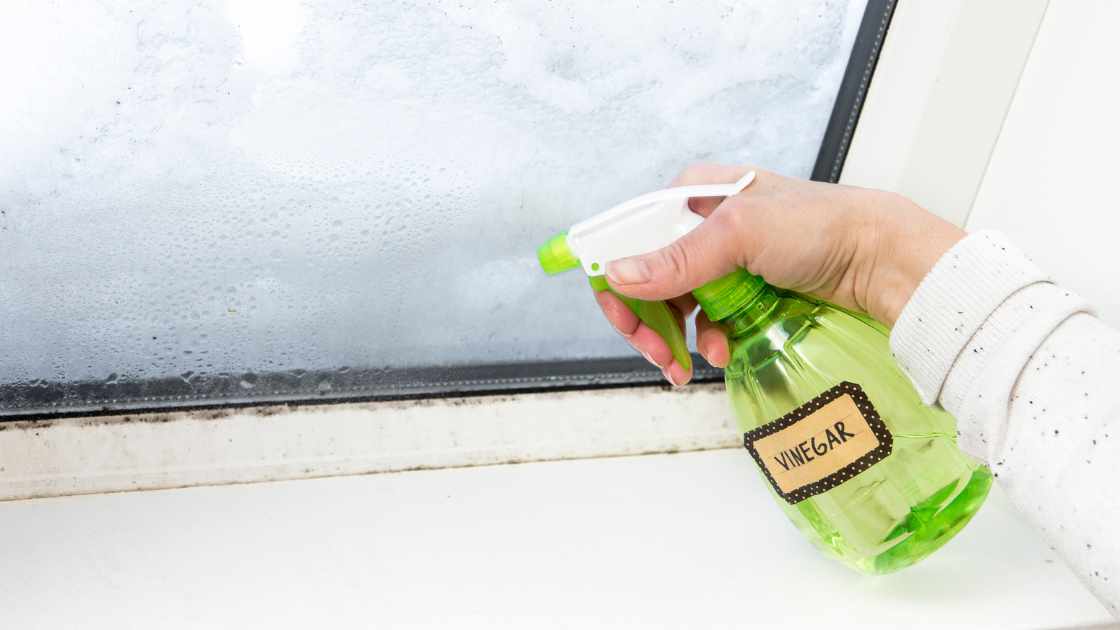
Unlocking the Power of Vinegar: How Much Vinegar to Use for Cleaning Floors
Vinegar, a staple in many households, isn’t just for salad dressings or pickling vegetables. Its acidic properties make it a versatile and effective cleaning agent, particularly for floors. But how much vinegar should you use for cleaning floors, and what’s the best way to harness its cleaning power? Let’s delve into this eco-friendly cleaning solution and discover the optimal vinegar-to-water ratio for sparkling clean floors.
Understanding Vinegar as a Cleaning Agent
Before we dive into the specifics of vinegar-to-water ratios, it’s essential to understand why vinegar is a popular choice for floor cleaning. Vinegar, especially white distilled vinegar, contains acetic acid, which gives it its cleaning prowess. This mild acid can dissolve mineral deposits, grease, grime, and even some stains, making it an excellent natural alternative to harsh chemical cleaners.
Vinegar-to-Water Ratio: Finding the Right Balance
The key to effective floor cleaning with vinegar lies in achieving the right vinegar-to-water ratio. Too much vinegar can leave behind a strong odor and potentially harm certain flooring materials, while too little may dilute its cleaning power.
Here’s a general guideline for creating a vinegar cleaning solution for different types of floors:
Hardwood Floors: For hardwood floors, it’s crucial to be cautious with vinegar, as its acidity can damage the wood’s finish if used in excessive amounts. A safe ratio to start with is 1/2 cup of white vinegar mixed with 1 gallon of warm water. This mild solution effectively cleans hardwood floors without risking damage.
Laminate Floors: Laminate flooring is more sensitive to moisture and acidity, so it’s best to use a more diluted vinegar solution. Mix 1/4 cup of white vinegar with 1 gallon of warm water for gentle yet effective cleaning of laminate floors. Avoid saturating the floor with excess moisture to prevent warping or swelling.
Tile and Vinyl Floors: Tile and vinyl floors can withstand slightly stronger cleaning solutions. Mix 1/2 cup to 1 cup of white vinegar with 1 gallon of warm water for a potent cleaning solution. This concentration helps remove dirt, grime, and stains from tile and vinyl surfaces, leaving them sparkling clean.
Application and Safety Tips
When using vinegar to clean floors, follow these tips to ensure safe and effective cleaning:
- Always spot-test the vinegar solution in an inconspicuous area to ensure it doesn’t cause any damage or discoloration.
- Use a mop or microfiber cloth dampened with the vinegar solution to clean the floors, wringing out excess liquid to prevent over-saturation.
- Avoid using vinegar on natural stone floors like marble or granite, as the acidity can etch or dull the surface.
- Ventilate the area well while cleaning with vinegar to dissipate the strong odor.
FAQs
Is it safe to clean all types of floors with vinegar?
While vinegar is safe for many types of floors, it’s essential to use it cautiously, especially on delicate surfaces like hardwood and laminate. Avoid using vinegar on natural stone floors such as marble or granite, as the acidity can damage the surface. Always spot-test in an inconspicuous area before using vinegar on any floor type.
Can I use straight vinegar without dilution for cleaning floors?
Using straight vinegar without dilution can be too acidic and may damage certain types of flooring. It’s best to dilute vinegar with water to create a milder cleaning solution. The recommended vinegar-to-water ratio varies depending on the type of floor, with hardwood and laminate floors requiring a more diluted solution compared to tile or vinyl floors.
Will using vinegar to clean floors leave a strong odor?
Vinegar has a distinct odor that dissipates as it dries, but it may linger temporarily, especially in enclosed spaces. To minimize the odor, ensure good ventilation while cleaning with vinegar. Adding a few drops of essential oil to the cleaning solution can also help mask the vinegar smell and leave behind a pleasant fragrance.
In Conclusion
Vinegar is a cost-effective, eco-friendly, and versatile cleaning agent for floors, but it’s essential to use it wisely. By following the recommended vinegar-to-water ratios and application tips, you can harness the cleaning power of vinegar to achieve spotless floors without compromising their integrity. Whether you’re cleaning hardwood, laminate, tile, or vinyl floors, vinegar offers a natural solution for a cleaner, healthier home.





